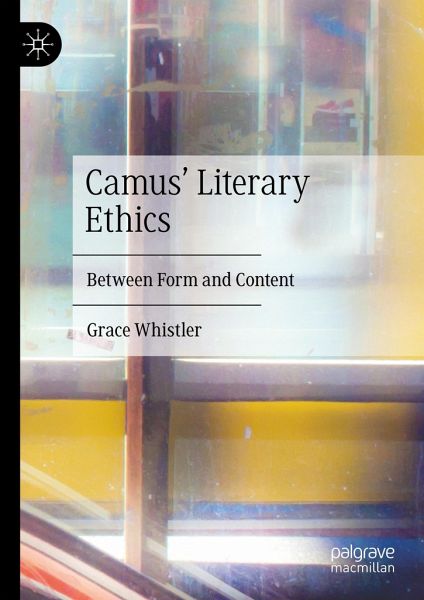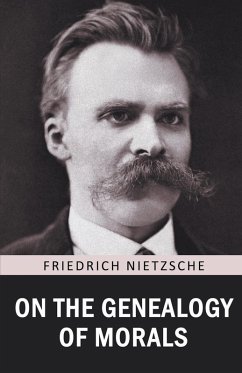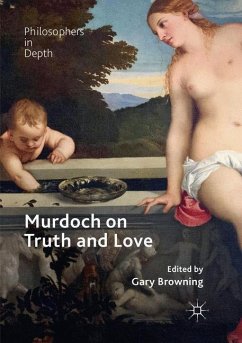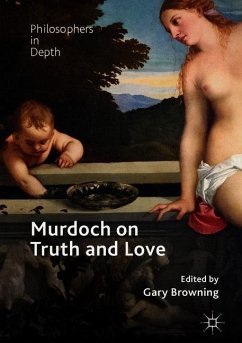
Camus' Literary Ethics
Between Form and Content
Versandkostenfrei!
Versandfertig in 6-10 Tagen
65,99 €
inkl. MwSt.
Weitere Ausgaben:

PAYBACK Punkte
33 °P sammeln!
This book seeks to establish the relevance of Albert Camus' philosophy and literature to contemporary ethics. By examining Camus' innovative methods of approaching moral problems, Whistler demonstrates that Camus' work has much to offer the world of ethics- Camus does philosophy differently, and the insights his methodologies offer could prove invaluable in both ethical theory and practice. Camus sees lived experience and emotion as ineliminable in ethics, and thus he chooses literary methods of communicating moral problems in an attempt to draw positively on these aspects of human morality. U...
This book seeks to establish the relevance of Albert Camus' philosophy and literature to contemporary ethics. By examining Camus' innovative methods of approaching moral problems, Whistler demonstrates that Camus' work has much to offer the world of ethics- Camus does philosophy differently, and the insights his methodologies offer could prove invaluable in both ethical theory and practice. Camus sees lived experience and emotion as ineliminable in ethics, and thus he chooses literary methods of communicating moral problems in an attempt to draw positively on these aspects of human morality. Using case studies of Camus' specific literary methods, including dialogue, myth, mime and syntax, Whistler pinpoints the efficacy of each of Camus' attempts to flesh-out moral problems, and thus shows just how much contemporary ethics could benefit from such a diversification in method.














